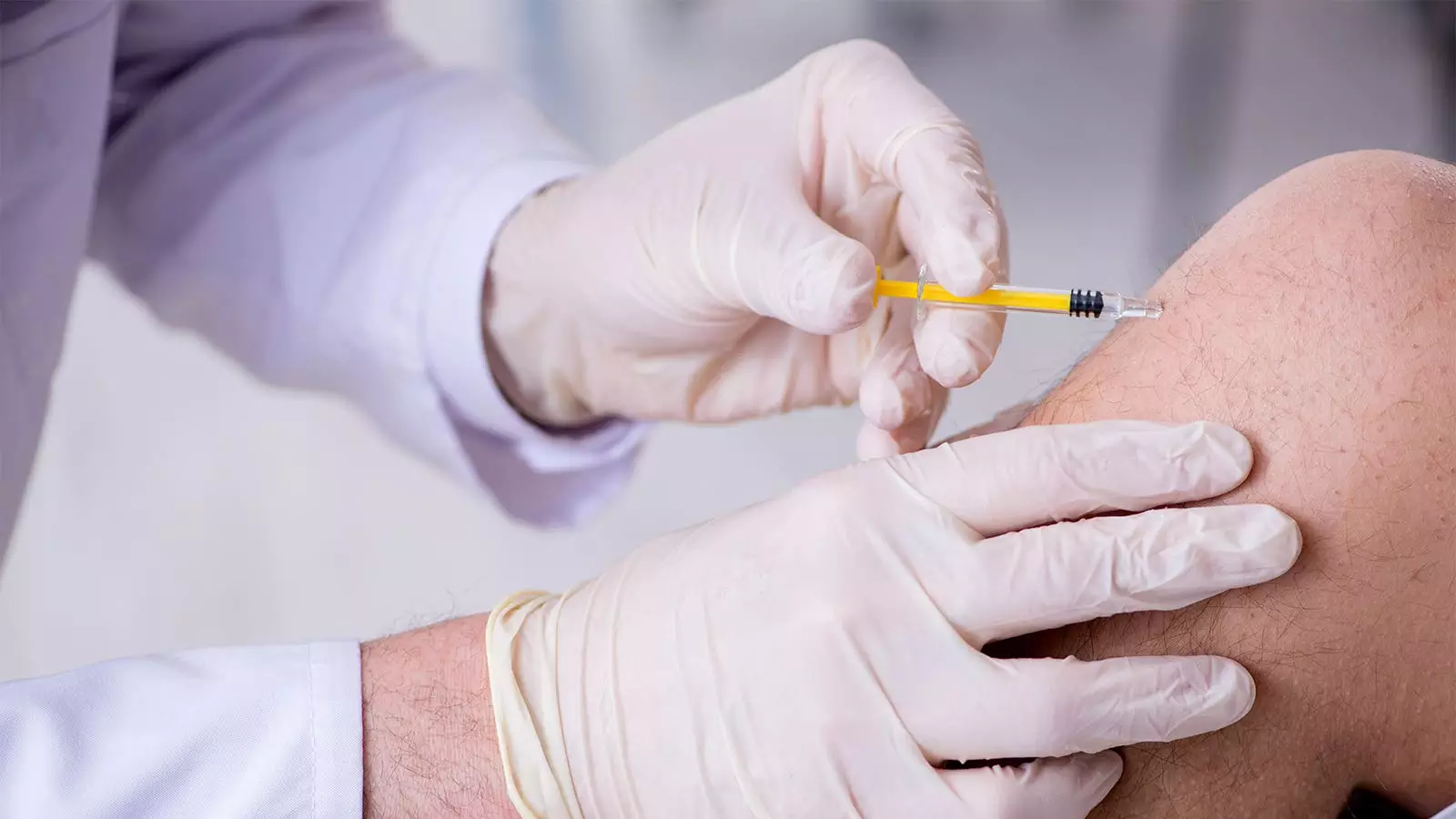In recent research, it was reported that three patients developed difficult-to-treat Mycobacterium abscessus infections after receiving embryonic stem cell injections in Mexico in 2022. This alarming situation has brought to light the potential risks associated with unapproved stem cell treatments and the dangers of medical tourism.
Two men, one from Colorado and one from Arizona, developed M. abscessus infections after receiving donor embryonic stem cell injections for joint pain in Guadalajara and Baja California, Mexico. These infections were acquired during procedures meant to address psoriatic arthritis and osteoarthritis. Additionally, a Colorado woman received stem cell injections to treat multiple sclerosis and also contracted an M. abscessus infection. The fact that these patients developed infections in different locations highlights the need for caution when considering non-FDA-approved stem cell treatments.
Whole-genome sequencing and phylogenetic analyses revealed that the core genomes of the M. abscessus isolates from patients A and B were distinct from known dominant circulating clones. This finding suggests a common infected source, potentially related to the products, reagents, or equipment used during the procedures. The fact that these isolates were identified in patients treated at different clinics further emphasizes the importance of thorough investigation and monitoring in cases like these.
M. abscessus is intrinsically drug-resistant and rapidly growing, making it challenging to treat with conventional antibiotics. Patients with open wounds or those undergoing injections without proper skin disinfection are particularly at risk for infection. Symptoms of M. abscessus infections can include fever, chills, and muscle aches, underscoring the severity of the condition and the need for prompt and appropriate medical attention.
In light of these cases, healthcare providers, as well as the public, should be aware of the risks associated with unapproved stem cell treatments. The Arthritis Foundation cautions against the use of stem cell injections for arthritis or joint injuries, noting that no such interventions are currently FDA-approved. Clinics offering stem cell therapies, both domestically and internationally, may target vulnerable patients with promises of treating chronic or incurable conditions, emphasizing the importance of thorough research and due diligence before undergoing such procedures.
The three patients affected by M. abscessus infections are currently receiving ongoing care, with investigations ongoing to identify any additional cases. Efforts to contact the clinics responsible for the stem cell injections have been made, with the next steps involving further genetic analysis and surveillance to detect and prevent similar incidents in the future. This serves as a reminder of the potential risks associated with unproven medical treatments and the importance of regulatory oversight in ensuring patient safety.

Leave a Reply